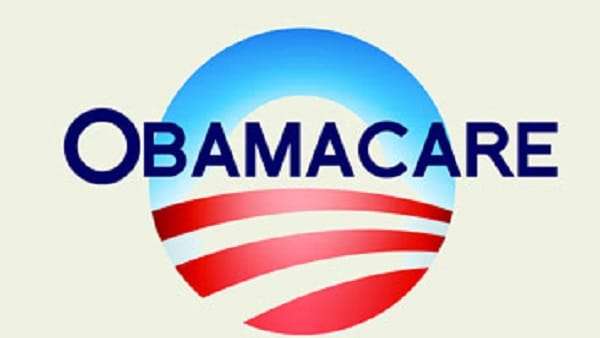The Volokh Conspiracy
Mostly law professors | Sometimes contrarian | Often libertarian | Always independent
Poll shows over one third of Americans don't know "Obamacare" and the "Affordable Care Act" are the same thing

The likely repeal of the Affordable Care Act (AKA "Obamacare") is one of the most important issues on the political agenda this year, and President Obama's signature law has been a major focus of controversy for years. But a recent poll finds that some 35% of Americans still do not realize that "Obamacare" and the "Affordable Care Act" are in fact one and the same law:
A sizable minority of Americans don't understand that Obamacare is just another name for the Affordable Care Act.
This finding, from a poll by Morning Consult, illustrates the extent of public confusion over a health law that President Trump and Republicans in Congress hope to repeal.
In the survey, 35 percent of respondents said either they thought Obamacare and the Affordable Care Act were different policies (17 percent) or didn't know if they were the same or different (18 percent). This confusion was more pronounced among people 18 to 29 and those who earn less than $50,000 - two groups that could be significantly affected by repeal.
Among Republicans, a higher percentage (72 percent) said they knew Obamacare and the A.C.A. were the same, which may reflect the party's longstanding hostility to the law.
This result is consistent with previous survey data showing widespread public ignorance about Obamacare and many other political issues. MIT economist Jonathan Gruber, one of the key architects of the ACA, famously said that exploitation of "the stupidity of the American voter" was a key factor in the law's passage. While Gruber improperly conflated ignorance and stupidity, his statement was otherwise largely correct. Of course, Obama's successor, the president who may preside over the repeal of Obamacare, is also no slouch when it comes to exploiting ignorance for political advantage.
There is no easy fix for widespread political ignorance, which is in large part the result of rational behavior by voters. This is a classic situation where rational decisions by individuals lead to dangerous collective outcomes. But both this new data and the events of the 2016 election provide additional reasons to finally start taking the problem seriously.


Show Comments (0)